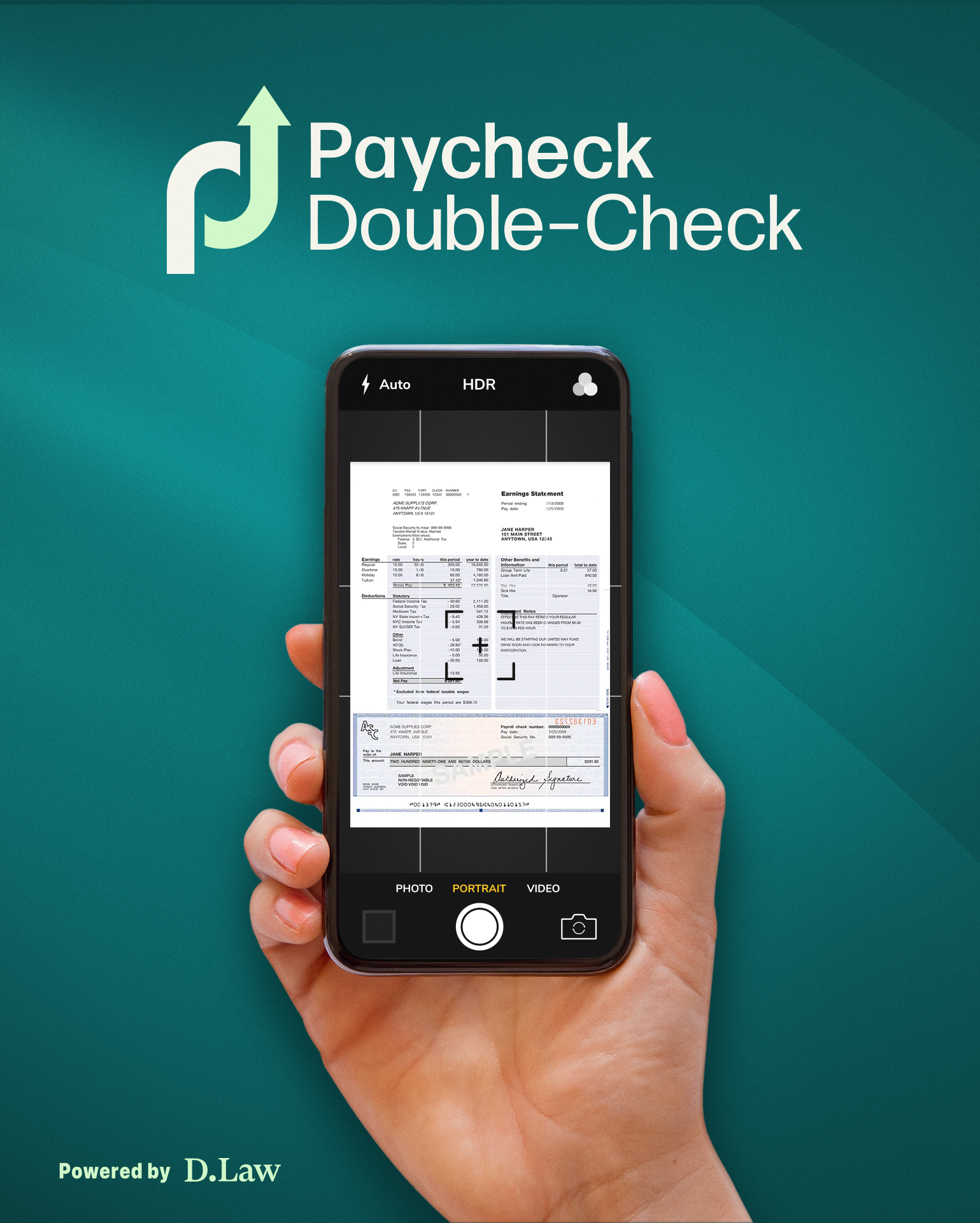4 Things to Know About Overtime Pay in CA


The California wage laws can be complicated and confusing for employees, especially when it comes to overtime pay.
This blog covers 4 overtime pay facts that apply to California workers.
1. Any workday over 8 hours is considered overtime
Any time worked over eight hours in one day is considered overtime. That means if an employee works over eight hours in a single day, excluding their meal break, they are due overtime wages which are paid at 1.5 times their regular wage.
In addition–if an employee works more than 40 hours in a workweek, they are entitled to overtime pay for all hours over 40 for that week. A workweek can be defined by the employer.
Most jobs are Monday-Friday, but the workweek for that schedule is Monday-Sunday. If Monday is the start of the workweek, then it is also the start of the clock that defines the workweek. If the workweek begins on Sunday and ends on Saturday, then any employee who works more than 40 hours between Sunday and midnight on Saturday is entitled to overtime pay for all hours worked over 40. There are additional requirements for longer shifts which may entitle an employee to additional rest and meal breaks.
2. Double Time is any time worked after 12 hours a day
All hours worked over 12 hours in a single day are paid at two times the employee’s regular pay rate. Alternative work schedules may or may not be included in overtime pay for standard workweeks. For example, an employee who works three 12-hour shifts during a regular workweek can be considered as working regular wage hours. There would be no overtime paid for the hours worked over 8 hours. However, if the employee were to work a fourth 12-hour shift, then overtime and double-time pay is expected for the entire fourth shift.
3. Not All Employees Are Guaranteed Overtime Hours
Not all employees receive overtime pay for working more than 8 hours per day or more than 40 hours per workweek. Exempt employees are one example. Another includes outside salespeople. In some cases, a collective bargaining agreement by union employees defines their own overtime laws. Workers who are not employees, such as independent contractors, are not entitled to overtime. Employees who have an alternative working agreement, which is defined upon hiring, are not entitled to overtime under the standard pay laws in California. There are exceptions to these rules and other overtime laws may apply in specific situations. An employment lawyer is a resource for anyone who is unsure if they are or are not due overtime.
4. What is Unauthorized Overtime?
Employees are entitled to overtime pay for unauthorized hours worked in addition to their regular schedule. It is the responsibility of the employer to know when an employee is working more than eight hours per workday or 40 hours per workweek. It’s important for employees to follow company protocol and ask for authorized overtime hours. Employees can be disciplined for not seeking permission to work overtime hours. However, the employer will still owe the employee overtime pay for that time worked.
Call DLaw With Your Overtime Pay Questions
Are you entitled to overtime pay? If you have questions about your payment and overtime hours, contact our experienced employment lawyers at (818) 275-5799. DLaw provides exceptional employment legal advice and representation in California.

Ready to get started?
Contact us now for a free consultation to find out how we can help you.






















